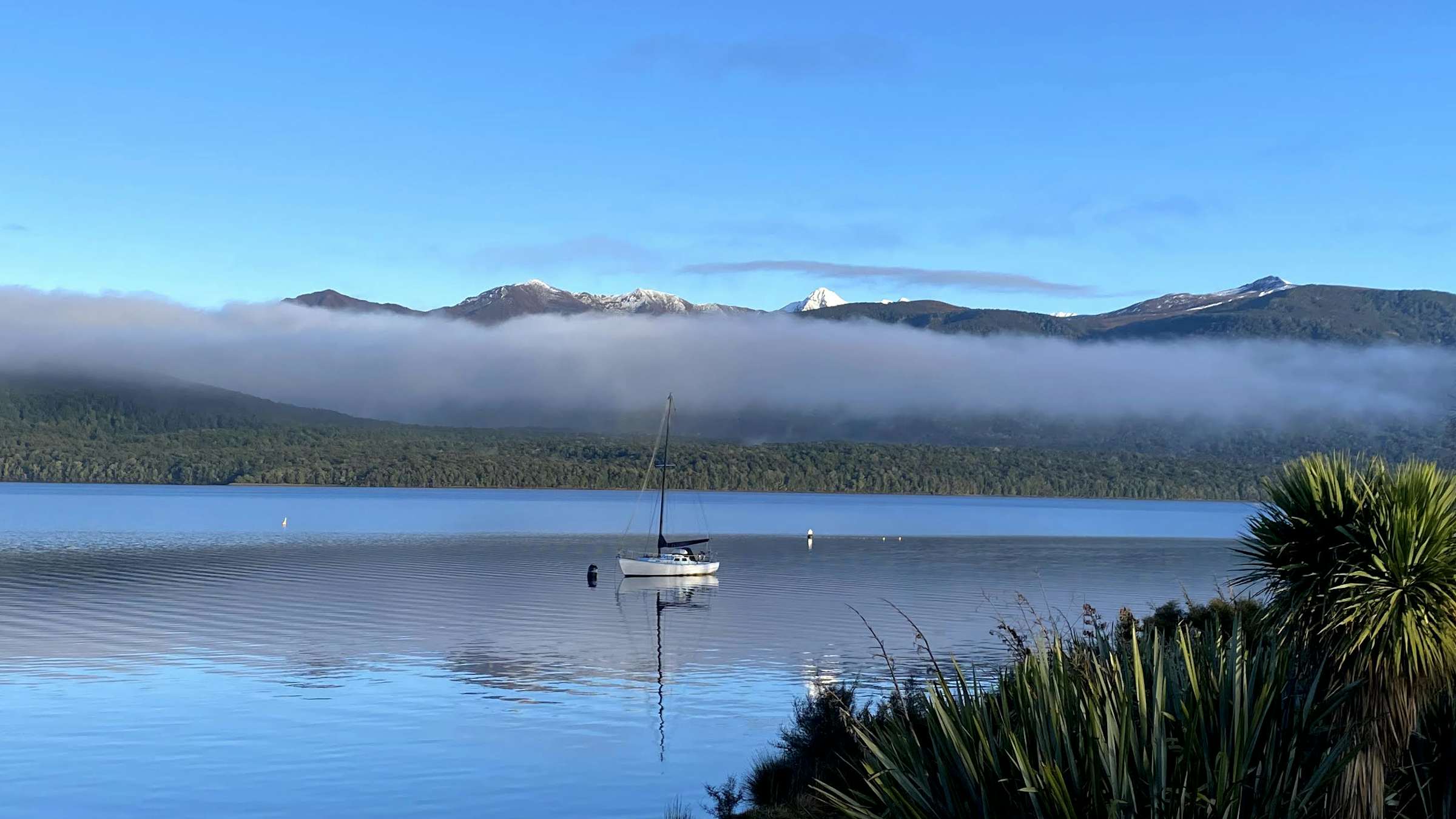
Boating safety in winter
Boating during New Zealand's winter months presents unique challenges, from unpredictable weather to icy water conditions. Maritime New Zealand advises boaters to plan meticulously, understand the conditions they will face, and take extra precautions to ensure safety.
Plan Ahead for Winter Boating
New Zealand's winter waters, including its seas, lakes, and rivers, are notoriously cold. Immersion in such cold waters can be fatal within 30-40 minutes, especially in the country's alpine lakes. Preparation and knowledge are crucial for safe winter boating.
Shorter Days and Colder Conditions
With shorter daylight hours, it’s essential to plan your return trip to avoid being caught out after dark. Shorter trips are advisable due to limited daylight and the increased wind chill factor during winter.
Key Safety Tips for Winter Boating
Here are some critical steps to stay safe on the water during winter, as recommended by Maritime New Zealand:
- Monitor the Weather: Always check the marine weather forecast before setting out and keep an eye on it throughout your trip. Weather conditions can change rapidly; if uncertain, it’s safer to stay ashore.
- Wear Your Lifejacket: Lifejackets are essential for buoyancy and provide additional warmth. Never wear extra layers over your lifejacket; it should be the outermost layer.
- Dress Appropriately: Layer up and carry an extra set of clothes. Dress for the water temperature, not the air temperature. If there’s a risk of falling into cold water, wear survival gear that offers thermal protection.
- Stay Connected: Carry two waterproof ways to call for help, such as a VHF radio or a personal locator beacon. Mobile phones may not always have reliable reception, so it's wise to carry two other communication devices. And also, secure your communication devices in waterproof containers.
- Avoid Alcohol: While it may feel warming, alcohol actually speeds up heat loss. Stay sober to stay safe.
- Inform Others of Your Plans: Let someone know your itinerary and expected return time. Filing a trip report with your local coastguard via VHF radio is also a smart move.
Cold Water Survival Tips
If you find yourself in cold water, follow these cold-water immersion guidelines to improve your chances of survival:
- Conserve Heat and Energy: Cross your arms tightly over your chest, press your thighs together, and raise your knees to protect your groin area.
- Huddle Together: If in a group, press the sides of your chests and lower torsos together, hug around your lifejackets, intertwine your legs, and keep talking to each other. Place children in the middle of the huddle as they are more susceptible to cold.
Learn More About Cold Water Survival
For more detailed advice on surviving in cold water, visit the Safer Boating website's cold-water survival page. Winter is an ideal time to familiarise yourself with these survival techniques.
By following these guidelines and staying informed, you can enjoy boating in New Zealand's beautiful but challenging winter waters safely. Stay prepared, stay warm, and always prioritise safety on the water.